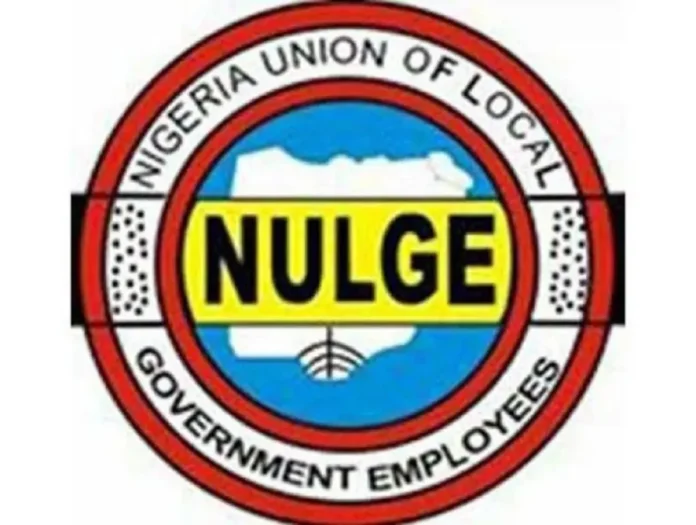Civil society organisations (CSOs) and stakeholders group, including the Nigeria Civil Society Situation Room, Citizens Centre for Integrated Development and Social Rights (CCIDESOR), National Union of Local Government Employees, (NULGE) and Nigerian Labour Congress (NLC) have called for the deletion of the Joint Accounts Allocation Committee (JACC) from the nation’s constitution, saying the organ created by the military has done more harm than good to efforts to fast track local government development.
In a communique drawn at the end of a one-day training on economic literacy and budget accountability for local government Areas (LGAs), held in Owerri, Imo State, the group instead called for the strengthening of the Finance and General Purposes Committee (F&GPC) of the local governments for it to be more active in ensuring due process in the procurement processes budget monitoring at that level of government.
They observed that even with the autonomy granted the LGAs, the confusion created by JACC has continued to undermine and erode powers that issue from the autonomy, making the third tier of government dysfunctional.
It was their considered view that the collapsed local economy in most communities, the spiraling poverty and consequential insecurity in almost all local governments areas, all stem from a failed local government system.
“The local government system, as the third tier of government, and closest to the people, has become largely dysfunctional, with most LGA headquarters moribund and stripped of the capacity to deliver on their mandates.
“The traditional functions of LGAs that once drove local economic reintegration-such as markets, rural infrastructure, and service delivery-have deteriorated, leading to weakened community livelihoods,” they posited.
According to the group, the collapse of local economies has contributed in no small measure to the surge in criminality and social vices at the grassroots level, eroding trust in governance, amongst other ills.
The document signed by Dr Emeka Ononamadu, convener of CCIDESOR on behalf of ten representatives that included the, Centre for Livelihoods Advancement, the NLC, with support from by UK Foreign, Commonwealth & Development Office (FCDO), believe that the training of LGAs on economic literacy and budget accountability couldn’t have come at a better time considering that many stakeholders, including LGA staff and citizens lack adequate knowledge of public finance, budget processes, and accountability tools, thus diminishing participation, transparency and service delivery.
Ordinarily, according to the group, the efficient redistribution and proper management of a quarter of the revenue allocated to LGAs is enough to cater for over 70 per cent of challenges faced at the grassroots, in terms infrastructure gaps, unemployment, insecurity and poverty, underscoring need to deploy more transparency tool at the local level.
“Revenue potential of LGAs are underutilised. There’s therefore a need for mechanisms such as participatory budgeting, public expenditure tracking, and open budget portals to be deployed at the local level,” the document stressed.
They also decried the type of LGA elections held in the country they say leaves much to be desired.
“The type of local government elections in Nigeria generally has made local government autonomy more theoretical than practical; thereby rendering the Supreme Court Judgement on Local Government Autonomy also theoretical rather than practical.
The group recommended for such training to be scaled up to all 774 LGA, while encouraging citizens, NULGE and the Media to pay serious attention to budgetary processes as it affects the local government areas.
“Resources at the local level must be prudently applied to projects and services that directly impact communities, with clear accountability mechanisms to track progress and prevent leakages. Urgent efforts must be made to restore the functionality of LGAs by strengthening administrative, financial, and service-delivery,” they submitted.
The training drew participants from three Local Government Areas (LGAs) in Imo State, representing the three senatorial zones: Owerri West (Imo East), Isiala Mbano (Imo North), and Oguta (Imo West) among others.
Other participants include: NLC, NULGE and representatives of CSOs.

